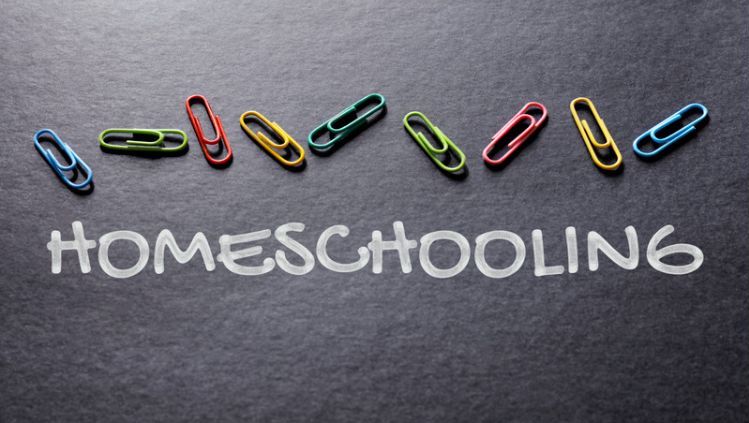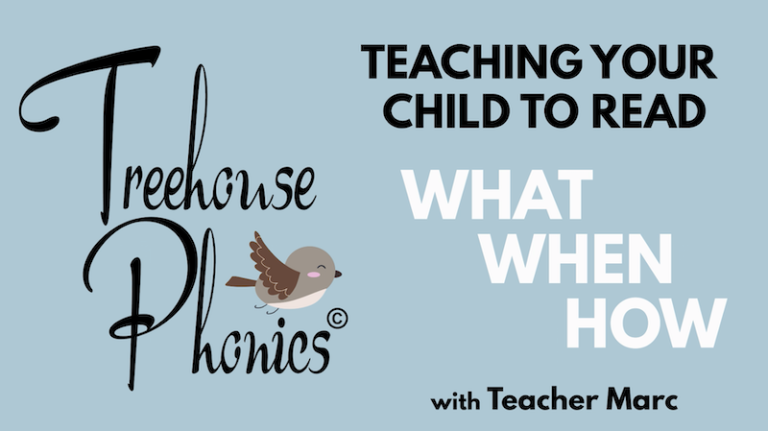Grades. Do they matter? Do homeschoolers even need to adhere to this academic standard? The answer might surprise you.
In a traditional school system, grades are generally seen as academic benchmarks. A child is expected to perform within the parameters of their current grade level and master a given skill set before moving on to the next grade.
No Child Left Behind?
Many schools do their best to keep moving children through the system as part of their ‘No Child Left Behind’ policy. Regardless of abilities and academic performance, it is felt that the child who would normally be held back, should instead, move forward with their peers. The concept may have its strengths on a social level but, in many cases, educators are then turning a blind eye to an academic standard that expects a child to have reached a level of mastery in core subjects by a certain age. Many concepts in language arts and math are built upon previously mastered skills. If you can’t add and subtract, you can be guaranteed that algebra is going to be a nightmare. Ignoring grade levels in this context will create problems. The negative effects might include a serious loss of confidence, or, watching helplessly, as your child’s self-esteem reaches frightening new lows. Unless they catch up, they will perpetually perform below their expected grade level. Yet, holding them back another year might be a little overkill if all they need is some extra tutoring after school.
Bored Silly

The pendulum swings the other way too, where children who perform higher than their expected grade levels are not being encouraged to seek the limit of their potential and abilities. The attitude is that we can’t have them knowing too much for the following year because what the heck are we going to teach them next? As you are very well aware, there is no site more miserable than a child that is bored out of their skull! Can you see how this puts the traditional grade system at a disadvantage?
The Homeschool advantage

One of the biggest advantages of homeschooling is moving at a pace that compliments your child’s particular learning style. Your home is truly a No Child Left Behind environment but in a much more effective way. Children will excel in one subject while struggling with another. Very rarely, do we experience unilateral academic growth across all subjects at the same time. A child reading far above their age group may otherwise find certain math concepts extremely daunting.

Teachers will have an impact too. Since that teacher is you, ask yourself whether you are teaching every subject with similar proficiency and skill. You may gravitate towards the sciences or geography while teaching math remains a chore for you. This will, in some ways, affect your child’s academic performance. The beauty of it all is that the pressure to perform and reach benchmarks within a 12-month period is flexible. You can continue to stimulate your child’s interest in a particular subject they excel in most while taking time to refine and tailor your instructional methods for the subjects that are giving them a run for their money or even the ones that bore you to no end.
When Grades Matter
With standardized testing, your child will be assessed on their academic performance, knowledge, and skillset expected of them based on the grade level they would be in if they were in school. Is this a time to panic? No. In many studies, homeschooled students have been shown to perform better than their peers attending traditional schools. These studies go so far as to include college entrance exams.

Why do you think that is? Unlike traditional schools, your child is receiving one-on-one instruction and you know your child better than anyone. You know what they are best at and what they find challenging. You have the patience to work with them because no one is as committed as you are to making sure they eventually master the skills they need.
What grade are you in?
When someone asks you or your child what grade they are in, does it even matter? What they really want to know is whether your child is keeping up with their peers who are still attending traditional schools. They may unwittingly be challenging whether you have your homeschooling act together. Before long, this simple question takes on a more serious context and can escalate from casual inquiry to full-on confrontation. If you find that you are continually challenged by those who question your choice to homeschool, you may find my past articles Handling Homeschool Doubt and Homeschool Skeptics – How to Respond and Keep Calm helpful. I hope this article puts the whole grade system in perspective for you and helps you to see that you have nothing to worry about. I trust that your children are in good hands. Your courage and loving attention mean that your child can do nothing other the WIN!



